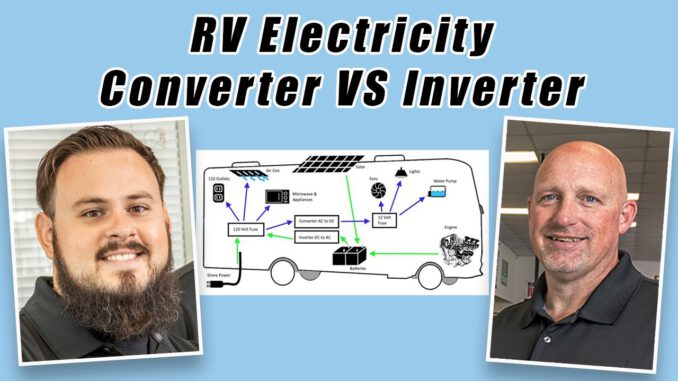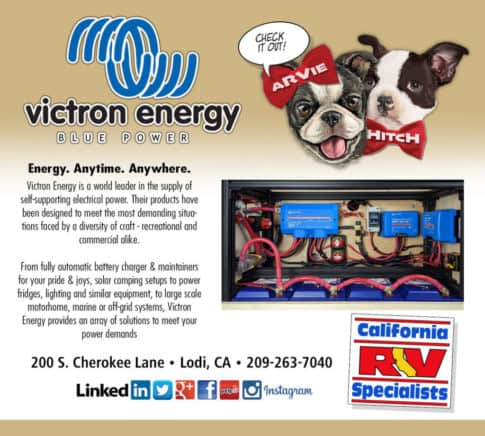
Solar charge controllers (solar regulators) were once the only option for off-grid power systems and are used to create what is known as a DC-coupled system. DC-coupled systems use solar controllers to charge a battery directly from the panels, which is extremely efficient, while a battery inverter supplies AC power to home appliances.

AC (alternating current) coupled solar
AC-coupled systems use a string solar inverter coupled with an advanced multi-mode inverter or inverter/charger to manage the battery and grid/generator. Although relatively simple to set up and very powerful, they are slightly less efficient (90-94%) at charging a battery compared to DC-coupled systems (98%). However, these systems are very efficient at powering high AC loads during the day and some can be expanded with multiple solar inverters to form micro-grids.
Advantages
- Higher efficiency when used to power AC appliances during the day such as air-conditioning, pool pumps, and hot water systems (up to 96%)
- Generally lower installation cost for larger systems above 5kW
- Can use multiple string solar inverters in multiple locations (AC couple micro-grids)
- Most string solar inverters above 3kW have dual MPPT inputs, so strings of panels can be installed at different orientations and tilt angles
- Advanced AC-coupled systems can use a combination of AC and DC coupling. (Note: this is not possible with some lithium batteries.)
Disadvantages
- Lower efficiency when charging a battery system (approx. 92%)
- Quality solar inverters can be expensive for small systems
- Lower efficiency when powering direct DC loads during the day
DC (direct current) coupled solar
DC-coupled systems have been used for decades in off-grid solar installations and small-capacity automotive/boating power systems. The most common DC-coupled systems use solar charge controllers (also known as solar regulators) to charge a battery directly from solar, plus a battery inverter to supply AC power to household appliances.
Advantages
- Very high efficiency
- Great low-cost setup for smaller-scale off-grid systems up to 5kW
- Ideal for small systems requiring only 1-2 solar panels
- Modular (additional panels and controllers can be easily added, if required)
- Very efficient for powering DC appliances and loads
- If an electricity service provider restricts or limits the capacity of grid-tie solar allowed, additional solar may be added by DC-coupling a battery system
Disadvantages
- More complex to set up systems above 5kW, as often multiple strings are required in parallel, plus string fusing
- Can become expensive for systems above 5kW as multiple higher voltage solar charge controllers are required
- Slightly lower efficiency in powering large AC loads during the day due to the conversion from DC(PV) to DC(batt) to AC
- Many solar controllers are not compatible with managed lithium battery systems such as the LG Chem RESU or BYD B-Box
RV Electricity Converter vs Inverter
Make sure you check out our website, California RV Specialists, and their YouTube channel for more helpful information, and see our published articles on RVtravel.com and other social media pages.
